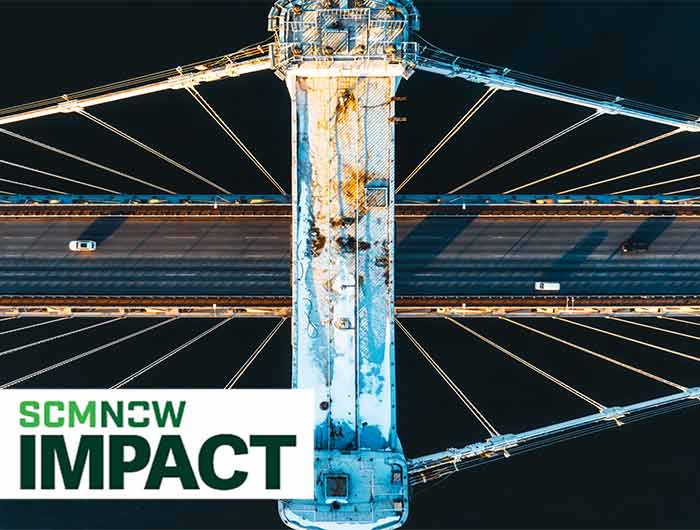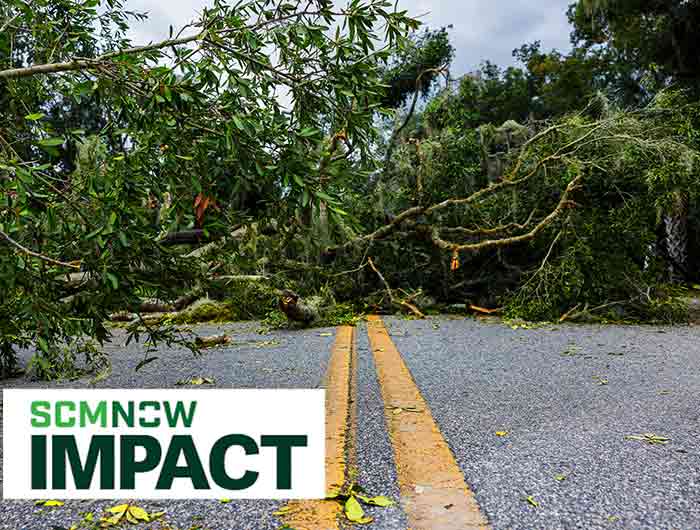On Wednesday, the United States was hit with another deadly and destructive storm, Hurricane Milton. Unusually, much of the devastation was caused by the surprising number of tornadoes that preceded the hurricane’s landfall. At the time of writing, at least a dozen people are confirmed dead, 125 homes have been destroyed and more than 3.3 million families and businesses are without power, Reuters reports. Thankfully, the storm surge was smaller than predicted. However, the disruption is still severe.
Port Tampa Bay, a key hub for handling imported goods including petroleum products, steel, cement, aggregates, and food and beverages closed in preparation for the storm, explains FreightWaves. As we’ve learned from previous closures, any time a major port is shut down, it leads to serious delays and congestion elsewhere as ships are rerouted to other ports — many of which are still recovering from last week’s shutdown caused by the dockworkers' strike. Additionally, hurricane-force winds and flooding have shut down roads in affected areas, hindering the movement of goods inland and disrupting trucking operations. Combined with the power outages at Florida warehouses, distribution centers and other critical facilities, we’re likely facing losses of inventory costing millions. In fact, researchers estimate that 12,400 manufacturing, warehousing, distribution, fabrication and testing sites, as well as the production of 11,000 products, will be affected.
As thousands of Floridians evacuated the state, about one in six gas stations were out of fuel. That number jumped to 44% in the Tampa Bay area. And experts believe the fuel supply chain problems aren’t over: Most fuel supplies in Florida come from Texas and Louisiana, and if the Port of Tampa Bay — which provides “43% of the state’s fuel used by jets, airplanes, tractor-trailers and passenger vehicles” — remains closed, those supplies won’t be able to reach other parts of the state, hindering disaster response and recovery efforts.
Ways to help
So much tragedy often feels overwhelming, but there are things we can do. The American Logistics Aid Network (ALAN) has activated its disaster response pipeline once again. If you’re able to donate your time, equipment or money, you can help the people and communities affected by this storm with “logistics passion in action.”
Another worthy way to support those in need right now is through the American Red Cross. Give money directly to the charity to provide shelter and supplies to the survivors of Hurricanes Milton and Helene, or donate blood locally to free up resources.
By leveraging our knowledge and networks, supply chain professionals can play a vital role in coordinating relief efforts, addressing logistical challenges and facilitating the restoration of supply chains in the affected regions. Let’s come together to rebuild.



